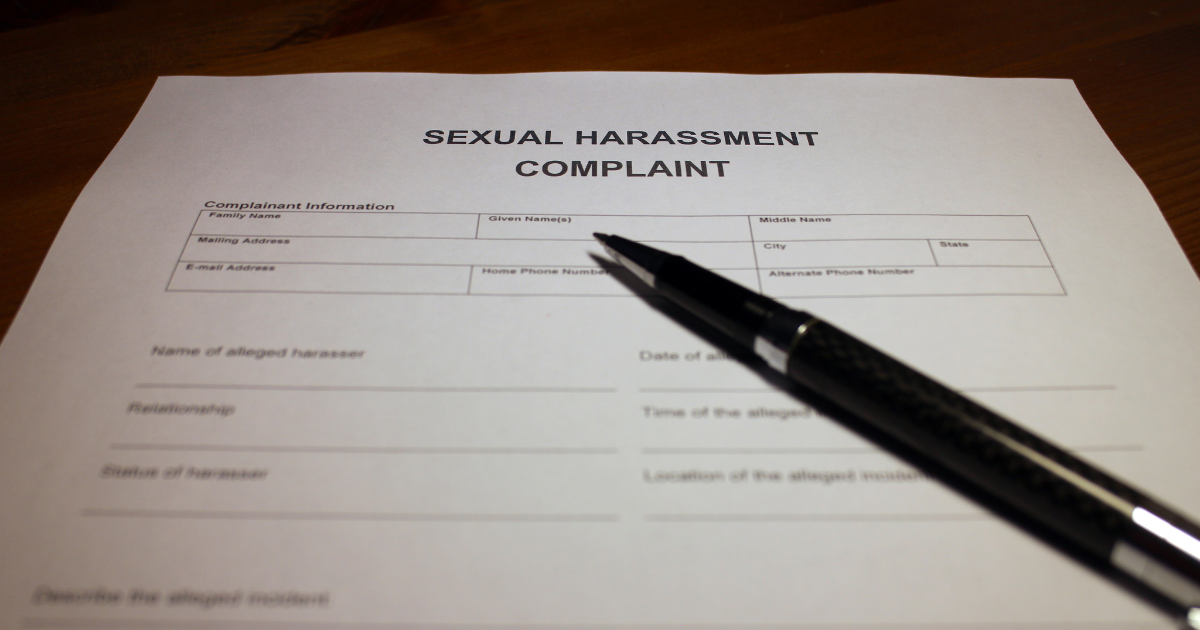Can My Employer Ask About My Previous Salary History?

A new job search can be an exciting and fulfilling experience in your life, but it can also be quite stressful. You will face many questions during your search, some of which you may feel very comfortable answering, while other questions may intimidate you or feel uncomfortable or even inappropriate. For instance, if a prospective employer asks you about your salary history, you may not know how to answer that question. You may actually wonder if they are legally allowed to do so in the first place.
There are a few states that make it illegal for employers to ask about salary history or what your current wage is. These states include California, New York, New Jersey, Illinois, and Washington. Some cities have passed laws prohibiting the practice as well, including New York City and San Francisco.
The problem with being asked about your previous salary is that some employers believe it is a way to gauge your market value. Although that may be the case, it also pigeon-holes many people, especially women, people who are Black, Indigenous, or people of color (BIPOC), or members of multiple marginalized communities. This group of people experience a wide range of pay gaps, and if an employer asks them their previous salary, they may find it necessary to stay with that pay gap and not increase it. Many people believe that questioning a worker’s salary history reinforces the pay gap, which leaves many people getting paid less than what they are worth.
If a potential employer asks about your salary history, there are a few ways you can handle the situation without being disrespectful, such as:
- Know your state’s laws: It is best to know before the interview if the state or city where you are going for the job has a law that prohibits salary history questions. If asked, still, you can simply say that you believe there is a new law prohibiting that type of question.
- Practice redirection: Try to get back to the subject of salary requirements of your particular job or role, not your individual history. You can also chat about if the job is a good fit for both you and the employer. Use your education, skills, and experience as a good foundation of what your salary requirements are and not what you made before.
- Lack of history: This job may be your first job out of college or after obtaining a new degree, where you lack history in the field, so there is no reason to be asked what your salary was before.
- Share your history: Or you may feel comfortable with sharing your salary history, which is okay. Some interviewers discuss the range they are willing to pay, and if it is below what you have made before, then this might be a good opportunity to bring up your salary history.
What you made in previous jobs should not dictate what your future earnings should be. There are websites that illustrate what kind of salary you should be making for the role you are looking for, and you should use those as a basis for when you go job searching.
Although Pennsylvania does not have a law prohibiting an employer from requesting your salary history, the city of Philadelphia does. In Philadelphia, an employer may not inquire about salary history or rely on an applicant’s previous salary history for any stage of the employment process. However, an applicant can knowingly disclose such information, and in doing so, the employer may then use it in the process. Employers are also prohibited from retaliating against an applicant should they refuse to comply with a salary history inquiry.
Philadelphia Employment Lawyers at Sidkoff, Pincus & Green P.C. Help Prospective Workers with Workplace Discrimination
If you believe you have been discriminated against in the workplace, then you must get the best help on your side. Contact the Philadelphia employment lawyers at Sidkoff, Pincus & Green P.C. right away. Call us today at 215-574-0600 or fill out our online form for an initial consultation. With our offices located in Philadelphia, we proudly serve all clients of South Jersey, Pennsylvania, and New Jersey.
























